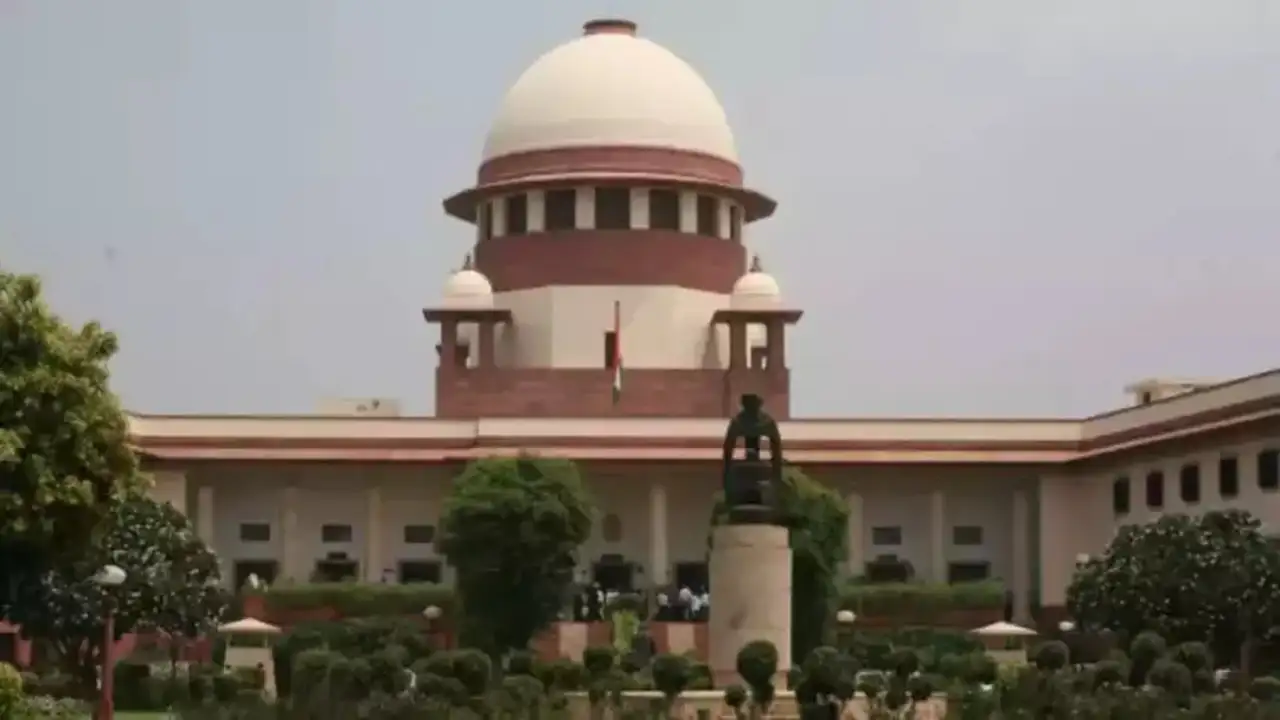Supreme Court says courts should avoid staying convictions of public servants in corruption cases, preserving integrity in governance.
Supreme Court Emphasises Accountability and Institutional Trust in Major Anti-Corruption Ruling
In a strong message to the judiciary and executive alike, the Supreme Court of India has cautioned lower courts against routinely staying convictions of public servants convicted of corruption. The apex court stated that such stays dilute public trust in governance and compromise the foundational values of accountability and integrity in public life.
The judgment came while hearing an appeal concerning the stay of conviction of a government official under the Prevention of Corruption Act. In a detailed ruling, the court observed that granting a stay on conviction — particularly to enable a public servant to continue in office — should be an “exception, not the norm.”
Context: The Legal Case Behind the Observation
The ruling was delivered in a case where a government official convicted under the Prevention of Corruption Act, 1988, had sought a stay on the conviction to avoid disqualification and retain his post. The High Court had granted a stay, allowing him to continue in service, prompting an appeal before the Supreme Court.
A three-judge bench led by Justice B.R. Gavai remarked:
“The discretionary power to stay conviction must be exercised sparingly and with great caution, particularly where the convict is a public servant. A stay of conviction may severely impact public confidence in the justice system.”
The Court referred to earlier precedents, including Lily Thomas v. Union of India and Navjot Singh Sidhu v. State of Punjab, reiterating that a conviction entails immediate consequences under service and electoral laws and must not be easily bypassed.
Implications for Public Servants and Electoral Politics
The ruling has serious ramifications for public servants and elected representatives convicted of corruption or criminal misconduct. Under Section 8 of the Representation of the People Act, 1951, a person convicted of certain offences stands disqualified from contesting elections or holding public office.
Legal analyst Nivedita Sen, speaking to The Legal Observer, explained,
“This judgment is in line with the Court’s commitment to cleansing politics and public service. If courts continue to stay convictions casually, the disqualification clauses under electoral and service laws become toothless.”
She added that public officials must be held to the highest standards, and the mere initiation of the appeals process should not be used as a “get-out-of-jail card” to remain in power.
The Court’s Key Observations
Among the core principles laid down in the judgment are:
- Public trust is paramount: Allowing convicted individuals to hold office undermines democratic values.
- Staying conviction is not a matter of right: It is a narrow exception and not a routine relief.
- No automatic continuation in service: Conviction has legal consequences, and courts must respect legislative intent.
- Impact on justice system credibility: Frequent stays may erode citizens’ trust in judicial impartiality and fairness.
Justice Gavai noted:
“The moral authority of public institutions erodes when those convicted of criminal offences, especially corruption, continue to serve with impunity.”
Political, Legal, and Public Reactions
Political observers have noted that this verdict sends a strong signal ahead of multiple state elections. It may impact several ongoing cases involving sitting MLAs and MPs under trial or conviction for corruption and criminal offences.
The Association for Democratic Reforms (ADR) welcomed the ruling, calling it a step toward decriminalising politics. In a statement, they said:
“This judgment reinforces the need for clean candidates and the urgency of barring criminals from holding office, even during appeals.”
Meanwhile, several public service associations expressed support for the judgment. “It restores the dignity of honest public officials who work hard while a few tarnish the service,” said Ramesh Prasad, President of the Indian Administrative Federation.
Legal Community: Time to Revisit Bail and Appeal Norms?
This judgment may influence future decisions on bail and appeals in cases involving high-ranking officials and politicians. Senior Advocate Rakesh Dwivedi said:
“The decision will bring uniformity. Lower courts have sometimes granted reliefs under political or institutional pressure. This judgment reasserts the gravity of a criminal conviction.”
He added that while appeals are a right, interim relief must not be used to nullify the effect of accountability mechanisms under the law.
Conclusion: A Clear Message of Judicial Integrity
The Supreme Court’s directive is likely to influence not only future court decisions but also administrative norms in the country. It reiterates the Court’s resolve to ensure that public service remains a place of integrity, not refuge.
As India grapples with mounting concerns over corruption, this ruling reinforces a foundational truth: conviction has consequences — and justice must not be selectively deferred.
🔗 More from The Legal Observer – National News
📺 Watch legal updates on The Legal Observer YouTube Channel




